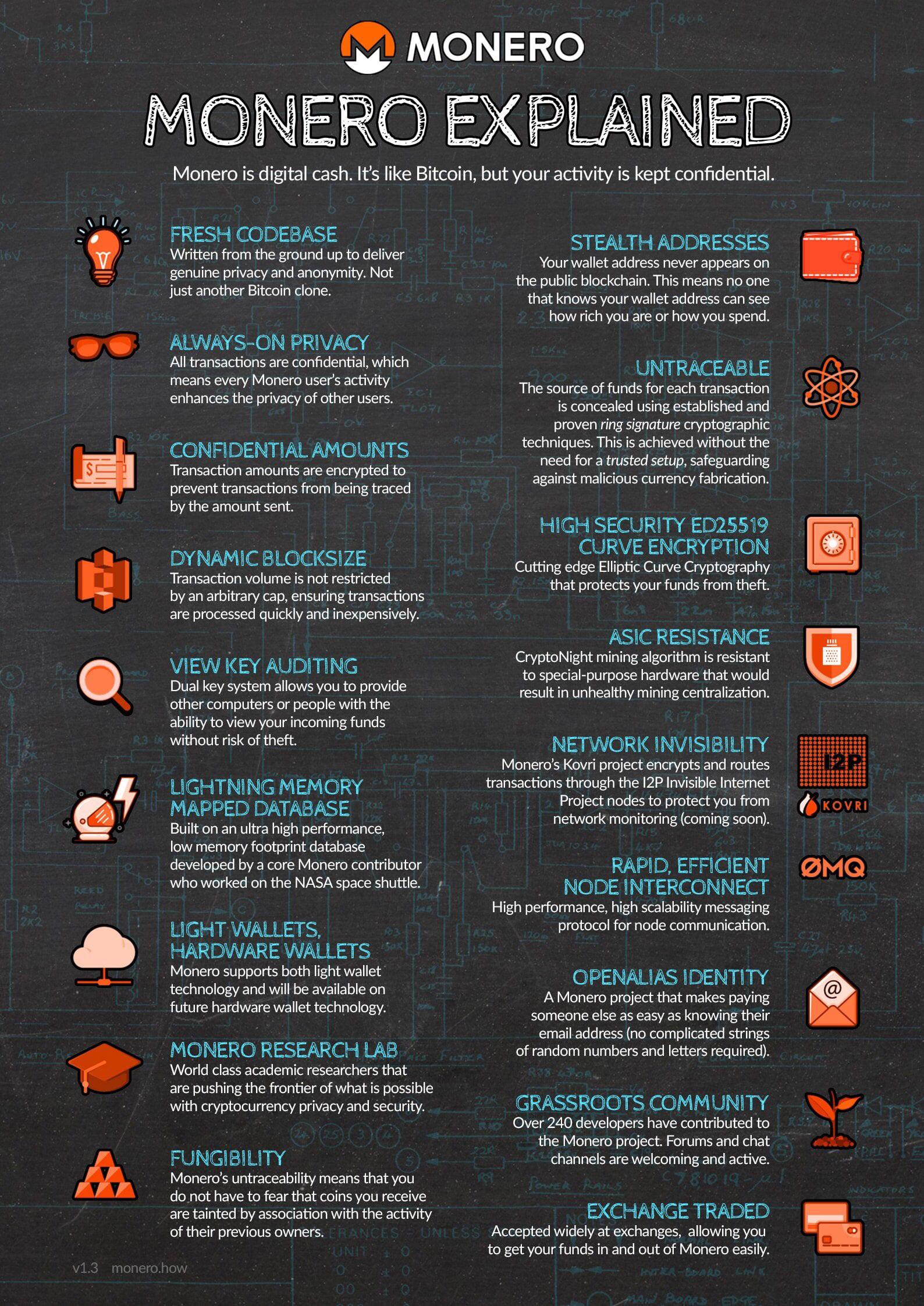
I am particular passioned about blockchain technology and cryptocurrency. It is revolutionary and if done right, can change the world for good. In fact, it has been doing that for years, even though we are still on an embrionary stage of development.
Today, in an age where digital footprints are scrutinized and privacy feels like a luxury of the past, in 2014 a cryptocurrency emerged as a defiant response to invasive surveillance: Monero (XMR). Amidst the tightening grip of Know Your Customer (KYC) regulations and the encroaching presence of government oversight (also major leeches companies like Facebook or Google and many others), Monero stands as a bastion of financial privacy, challenging the status quo and advocating for the fundamental right to anonymity and privacy. The real financial sovereignty in a private and anonymous way had born.
Governments and regulatory bodies have long sought to maintain control over financial transactions, utilizing KYC regulations as a means of surveillance, like banks and centralized exchanges. However, the increasing erosion of individual privacy in the name of security (! yeah, right) raises pertinent questions about the balance between transparency, personal autonomy and freedom.
Recent events have seen Monero facing increased scrutiny, with delistings from major exchanges like Coinbase or Binance, sparking debates about the role of privacy in the digital age. Its exclusion from regulated platforms is clearly symptomatic of a broader agenda to suppress dissent and maintain centralized control over financial systems. The attack of US government on “everything decentralized and with no KYC” must be banned!
Unlike Bitcoin and other cryptocurrencies, Monero employs sophisticated cryptographic techniques such as ring signatures, stealth addresses, and ring confidential transactions to obfuscate transaction details, ensuring the anonymity of its users. This commitment to privacy not only safeguards individuals against surveillance but also challenges the narrative that transparency must come at the expense of personal freedom.
Furthermore, with no central authority overseeing its operations, Monero operates as a peer-to-peer network, distributing power among its users and minimizing the risk of external interference. This decentralized model not only enhances security but also underscores the democratic principles upon which cryptocurrency was founded.
As the debate over privacy continues to unfold, Monero stands as a testament to the enduring importance of personal freedom in an increasingly digital world. What happens to its future is uncertain. People are, well, lazy, and getting Monero just got a little bit harder…
Here’s 5 things that you can do to help out:
- Support Monero (xmr), by using it when and were you can. If a merchant doesnt accept crypto, leave the suggestion.
- Create awareness to people when you can, in terms of what Monero offers, what it represents and what it fights for.
- If you have the technical skills, help the comunity by building, helping and giving feedback and ideas for the future.
- Mine Monero, yes, you can do it with a regular laptop!
- Create a node (basically a copy of the blockchain that helps security, speed and security of transactions, descentralizartion…) in your laptop.
Relevant Links:
Mastering Monero (ebook) Official and FREE
Fight the power. Get Monero.

Monero Explained:
 Image source: https://czechmonero.cz/wp-content/uploads/2021/03/goruinn6t8m61.jpg
Image source: https://czechmonero.cz/wp-content/uploads/2021/03/goruinn6t8m61.jpg